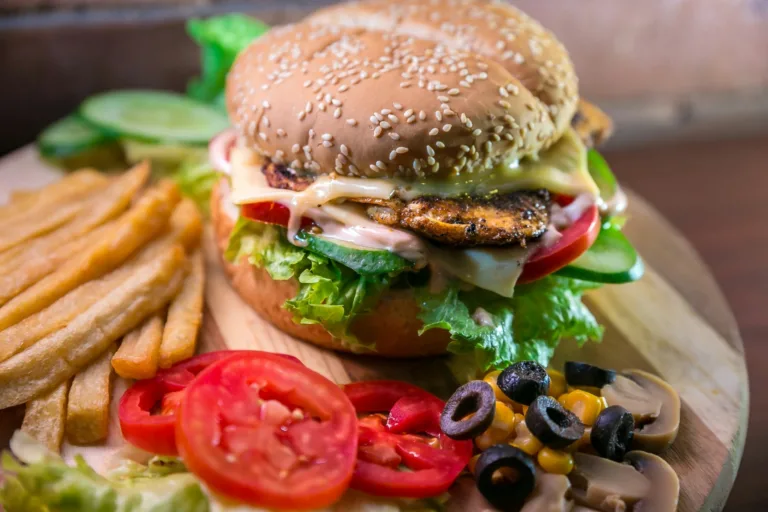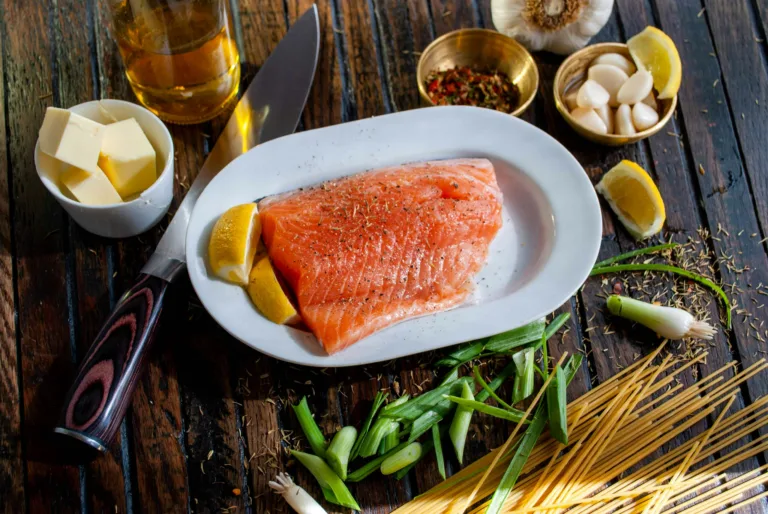Fez – Constipation arises when stool moves too slowly through the intestines, becoming hard, dry, and difficult to pass. A diet centered on certain natural foods can support easier movement and restore comfort.
A key strategy is to boost dietary fiber. Fiber adds bulk to stool, softening it so it travels more smoothly through the digestive tract. It also stimulates the muscles of the gut to work more efficiently.
Two kinds of fiber matter. Soluble fiber dissolves in water to form a gel that keeps stool soft, while insoluble fiber adds bulk and helps push things along. A balanced diet offers both types for maximum benefit.
Among the most helpful foods are prunes. They combine fiber with natural compounds that draw water into the intestines, easing stool passage. Whole grains such as oats, barley, and whole wheat provide both soluble and insoluble fiber to support regularity. Legumes, including beans, lentils, and peas, act as concentrated fiber sources that promote volume and movement.
Fruits and vegetables — especially when eaten with their skins — add fiber, water, and nutrients that aid stool softness and transit. Think apples, pears, berries, leafy greens, and root vegetables. Seeds like ground flaxseed also help. When well hydrated, they expand, softening stool and improving flow.
Hydration is essential. If you increase fiber without drinking enough water, stool may become tougher, worsening constipation. Combining ample fluid intake with fiber really helps.
It is best to raise fiber gradually rather than abruptly. Rapid increases can lead to gas, bloating, or discomfort. Let your digestive system adapt over time.
If you try these dietary and lifestyle changes for a few weeks without improvement, it’s wise to seek advice from a healthcare professional. Persistent constipation can indicate deeper issues that deserve proper attention.
















